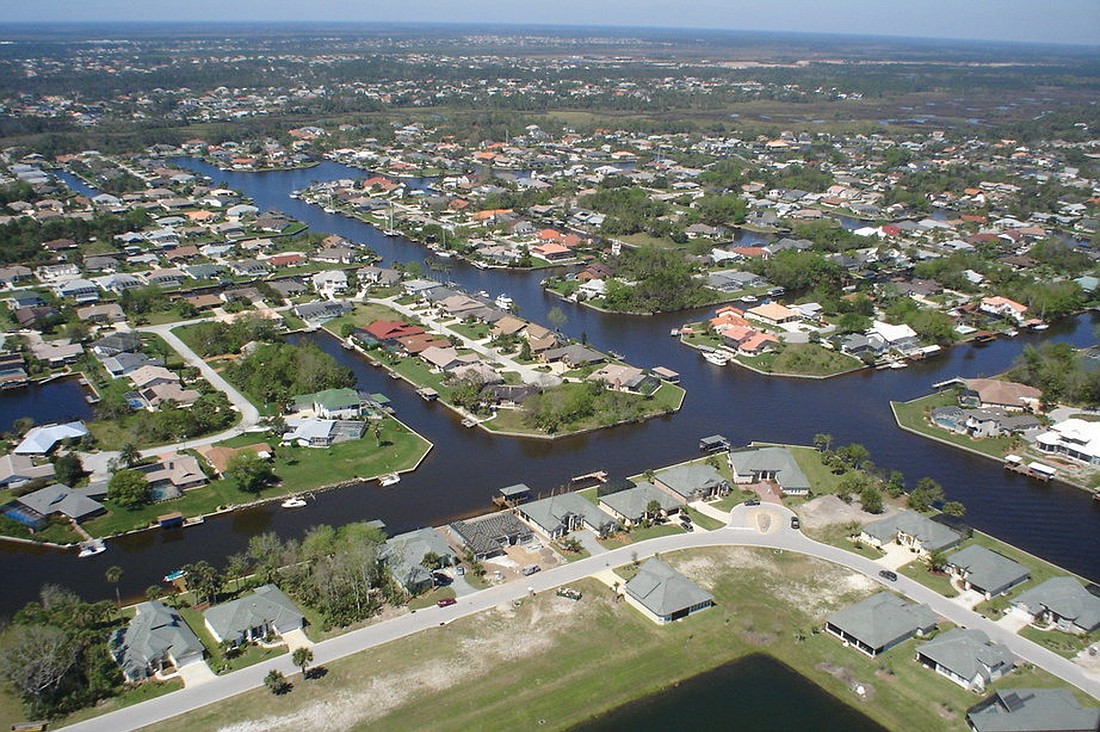- January 5, 2025
-
-
Loading

Loading

It may seem that hurricane season is far away – after all, it seems like the 2019 storm season just ended.
But for those of us along Florida’s East coast, we know it’s never too soon to be thinking about the next storm season. With that in mind, this is a good time to review your flood and homeowners insurance policies, to make sure you have the protection you need.
At TypTap Insurance, we get a lot of questions about homeowners and flood insurance. To help you prepare, here are some common questions residents are asking us as we prepare for the next storm season.
QUESTION: Can I get flood insurance if I live in an older home?
Answer: Indian River County has a large percentage of older homes, and many homeowners have had no problem finding an affordable policy with plenty of coverage for peace of mind. “In Indian River County, 64 percent of TypTap’s current policies are on homes built more than 40 years ago – and in some cases, more than 60 years ago,” said Kevin Mitchell, President of TypTap Insurance. “In fact, only 5 percent of our policies in this area are on homes built after 2010.”
QUESTION: Is the minimum coverage enough to cover my losses?
Answer: If you’re going to buy flood insurance, make sure you have enough coverage to actually cover your losses. “I wish I could say it’s un-common, but I see it regularly: People wishing they had paid just a little bit more to get the coverage they really needed,” said Aimee Alexander, of Insurance Solutions in Vero Beach.
Also, federal insurance coverage programs may not be sufficient, because they max out at
$250,000 in building value, and many Indian River County homes are worth more than that. Private market options now exist that offer building coverage up to $500,000
QUESTION: Do federal flood policies offer the same coverage as private market insurers?
Answer: Federal policies only cover personal property and contents at depreciated value - also known as actual cash value (ACV) - which doesn’t always cover actual replacement costs.
QUESTION: Does my policy cover loss of use or loss of rent?
Answer: One thing to keep in mind that even though your home may be uninhabitable after serious damage, you’ll still need to pay the mortgage or rent. The federal flood policies do not offer this ‘loss of use’ coverage but you can find private insurers like TypTap that do. That means you can you afford to pay to stay some-where else while your home is being repaired.
QUESTION: Apart from reviewing my policy, is there anything I can do to prepare for hurricane season?
Answer: Hopefully, in your case there isn’t anything more to do. But if you’re not sure, consider the following:
Know your flood zone. If you haven’t bought or sold a home in a while, you may not have the current information you need to make informed decisions about your coverage. In that case, reach out to a local insurance agent for help.
Review your coverage regularly. Make sure you’re getting the best price for the coverage you would actually need in an emergency, from a company you can trust.
Look around your home for potential issues. Are your electrical outlets and switchbox above potential flood waters? What about washers and dryers? It’s important that your furnace and water heater are above the property’s projected flood elevation, too. If you have concerns, have a licensed contractor evaluate your risk and propose solutions.
QUESTION: Do I only need flood insurance if my home is in a Special Flood Hazard Area (SFHA)?
Answer: “Most people think that if the mortgage company doesn’t require it, I don’t need it,” said the TypTap’s Mitchell. “But in fact, 20 to 25 percent of all flood insurance claims occur outside of flood hazard areas. Floods just aren’t predictable.”
Also, Federal Emergency Management Agency (FEMA) warns that many flood maps may not reflect recent development activity or natural changes in the environment. In Indian River specifically, some of the County’s flood maps are more than 20 years old and may not realistically depict the existing flood risk*.
So even if your mortgage company doesn’t require you to have flood insurance, you may be rolling the dice on your largest investment based on outdated data. Also, FEMA emphasizes that rising sea levels aren’t the only dangerous factor; your home could be threatened by standing and displaced water where natural flows have been disrupted from development.
Now is the time to make sure you’re prepared. If you’d like a flood insurance quote, visit www.typtap.com. You can also meet up with your local insurance agent if you have other questions.

*Source: Document published on the official government website of Indian River County - http://www.irccdd.com/